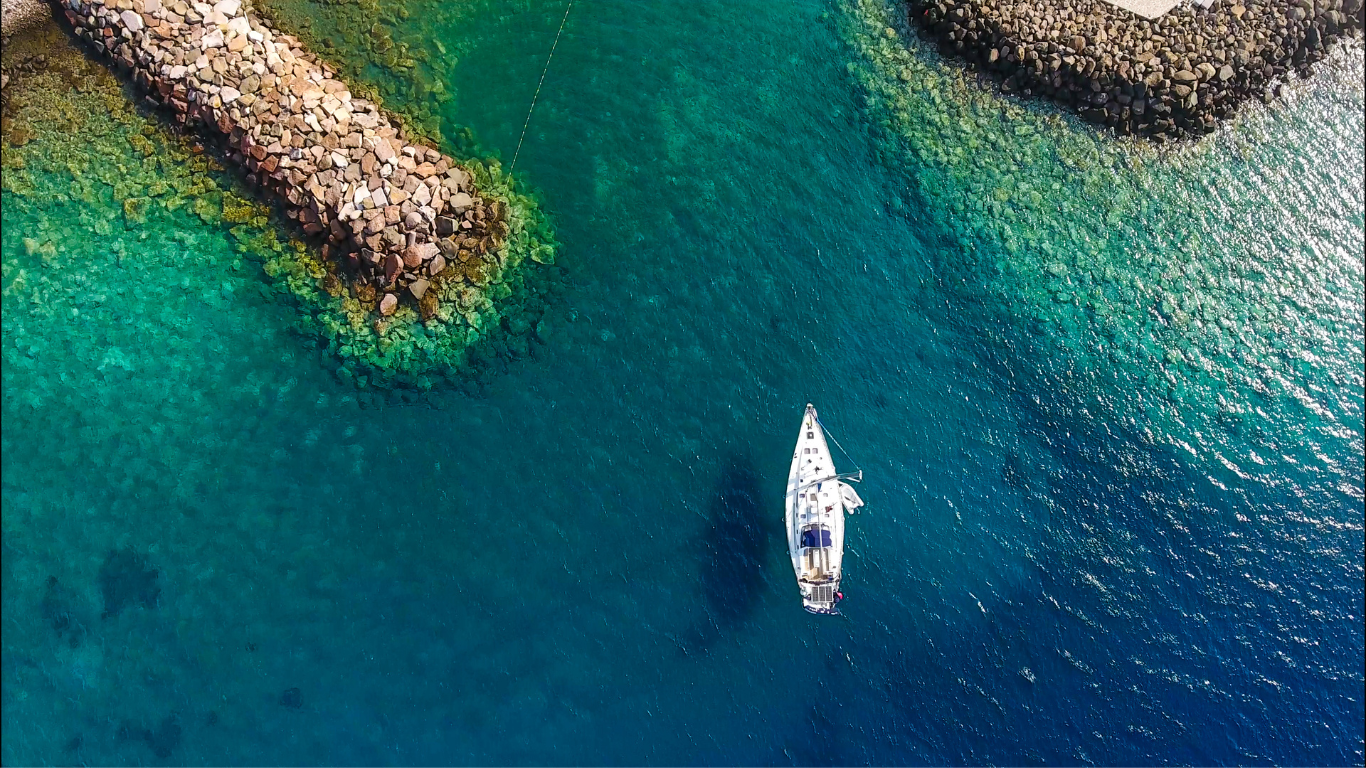
Real Estate Curaçao
Inheritance and Gift Tax in Curaçao: What you really need to know
Inheritance and Gift Tax in Curaçao: What you really need to know
Transferring wealth sounds simple, but on Curaçao, there’s more to it than meets the eye—especially when it involves an inheritance or a large gift. While it’s wonderful to receive something of value, it often comes with a financial side note: inheritance tax.
Don’t worry—we’ll explain it all clearly. Whether you're an heir, a donor, a buyer, or a future property owner in Curaçao, this information will help you act smart and stay ahead.
What is inheritance tax exactly?
Inheritance tax (or “successiebelasting” in Dutch) is the umbrella term for taxes on inheritances and gifts. This tax is levied on wealth transfers—for example, when you inherit a house, savings, or shares from someone who lived in Curaçao, or when you receive a substantial gift.
If the deceased was a resident of Curaçao at the time of death, you pay inheritance tax.
If the person gifting or leaving the inheritance lived outside Curaçao, but the assets include real estate located on the island, then transfer tax applies instead.
When do you pay tax?
You owe tax on the part of the inheritance or gift that you personally receive—after exemptions are applied. The amount of tax you pay depends on:
- The value of what you receive
- Your relationship to the deceased or donor
- Whether the person was a resident of Curaçao at the time of death or the gift
Exemptions: what is tax-free?
Curaçao offers generous exemptions, especially for close family members. The exemptions are as follows:
- XCG 240,000 for a spouse or life partner
- XCG 80,000 for children, grandchildren, parents, and parents-in-law
- XCG 8,000 for all other beneficiaries (siblings, friends, etc.)
For gifts, the annual exemptions are:
- XCG 20,000 per year for spouses, children, grandchildren, and parents
- XCG 8,000 per year for all others
Amounts above these thresholds are subject to taxation. The good news? Direct family members benefit from relatively low rates.
Tax rates: how much do you pay?
Curaçao uses a progressive tax system: the more you inherit or receive, the higher the tax rate. Additionally, the closer the family relationship, the lower the rate.
Direct heirs (children, grandchildren, spouse, life partner) are taxed at rates between 2% and 6%.
For more distant relatives or unrelated persons, rates can go up to 24%.
What if the deceased lived outside Curaçao?
In that case, heirs pay transfer tax on any real estate located in Curaçao. This is a flat rate of 8%, with no exemptions.
Example: You inherit a property in Curaçao from a relative who lived in the Netherlands. The property is worth XCG 600,000. Your share is XCG 150,000. You pay 8% on your portion—so XCG 12,000 in transfer tax.
Smart planning = less tax
Fortunately, there are legal ways to reduce your tax burden. This is known as estate planning—transferring your wealth in a smart, structured way to minimize taxes.
Here are three practical options:
- Administrative Foundation (STAK)
Ideal for family businesses. It allows separation of control and income—so one child can manage the business, while other heirs receive payouts without interfering in management. - Private Foundation (Stichting Particulier Fonds or SPF)
A legal entity that can make payouts to family members under certain conditions, potentially without inheritance or gift tax. Particularly useful for international families or individuals with assets in multiple countries. - Trusts
Since 2012, Curaçao has recognized trusts. This allows you to place assets under the control of a trustee, who manages them for future beneficiaries. It offers flexibility, protection, and long-term planning benefits.
For maximum efficiency and peace of mind, it’s wise to consult a notary or estate planning expert.
How to file your tax return?
Each heir must file a tax return with the Curaçao tax office—either individually or jointly. You fill out a tax declaration form and submit it before the stated deadline. Need more time? You can request an extension. You can find the form here.
After review, you’ll receive an assessment. If you disagree with the amount, you can file an objection within two months of the assessment date.
Payment must be made to the national tax collector. In some cases, you may be eligible for a payment plan.
Final thoughts: Knowledge is power
Inheriting or gifting wealth in Curaçao doesn’t have to be a headache. By staying informed about the rules, exemptions, and estate planning strategies, you can save a significant amount of money and avoid legal pitfalls.
Curious how this affects property ownership in Curaçao? Or need help managing an estate or planning a gift? We're here to guide you every step of the way.
International Fine Living – your trusted real estate expert in Curaçao for living, investing, and passing on wealth with peace of mind
International Fine Living does its best to provide accurate and helpful information to those looking to buy or sell a home in Curaçao. However, our time and resources are limited, and we may not always be able to publish the latest updates. We therefore advise you to verify any information provided with the appropriate authority or professional. No rights can be derived from the accuracy of the information given.
Attention fellow real estate agents in Curaçao: all our content is protected by copyright. It is not permitted to copy our texts, in whole or in part. However, you are more than welcome to share a link to our blog.